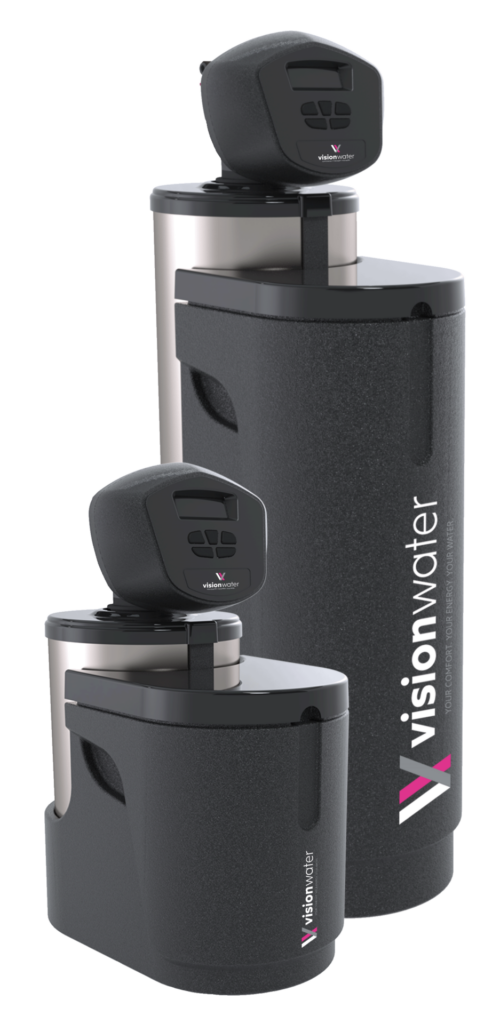YOUR WATER
Softened Water
A water softener lowers the hardness from the water by removing calcium. Softened water extends the lifetime of your household applications, saves you energy costs & detergents and improves your skin & hair. Using softened water simply has a positive effect on your way of living. We guide you through some interesting and convincing thoughts on softening water.
WHERE DOES HARDNESS COME FROM?
We mainly use city water (or tap water) and the most important source of city water always is groundwater. A lot of hardness can be present in ground water. The most outside layer of the Earth is the crust. Almost 75% of the upper layer of the crust is covered by sedimentary rocks. The three types of sedimentary rock are shale (clay in the form of stone), sandstone (quartz, sand, gravel, granite, …) and limestone (skeletons of marine organisms in the form of stone). Calcium and magnesium are largely present in limestone and in chalk.
Water flows through the different ground layers and will dissolve partially the substances it comes in contact with. That’s why you find in water calcium, magnesium, silicon, iron, … The longer the water stays in contact with a limestone layer the harder the water will be.
ADVANTAGES OF SOFT WATER
Hard water is never a health risk, but it can cause other problems because of its tendency to cause calcium and magnesium build up in water. Softened water comes with some very clear advantages:
EXAMPLES OF DOMESTIC APPLIANCES THAT SUFFER FROM HARDNESS
OUR SOFTENING
SOLUTIONS
A softener is a Point of Entry (POE) system that is installed in the main water line in your home before being distributed to any outlet point, such as kitchens, toilets, bathrooms,… All water entering your home will be treated, before being used.

